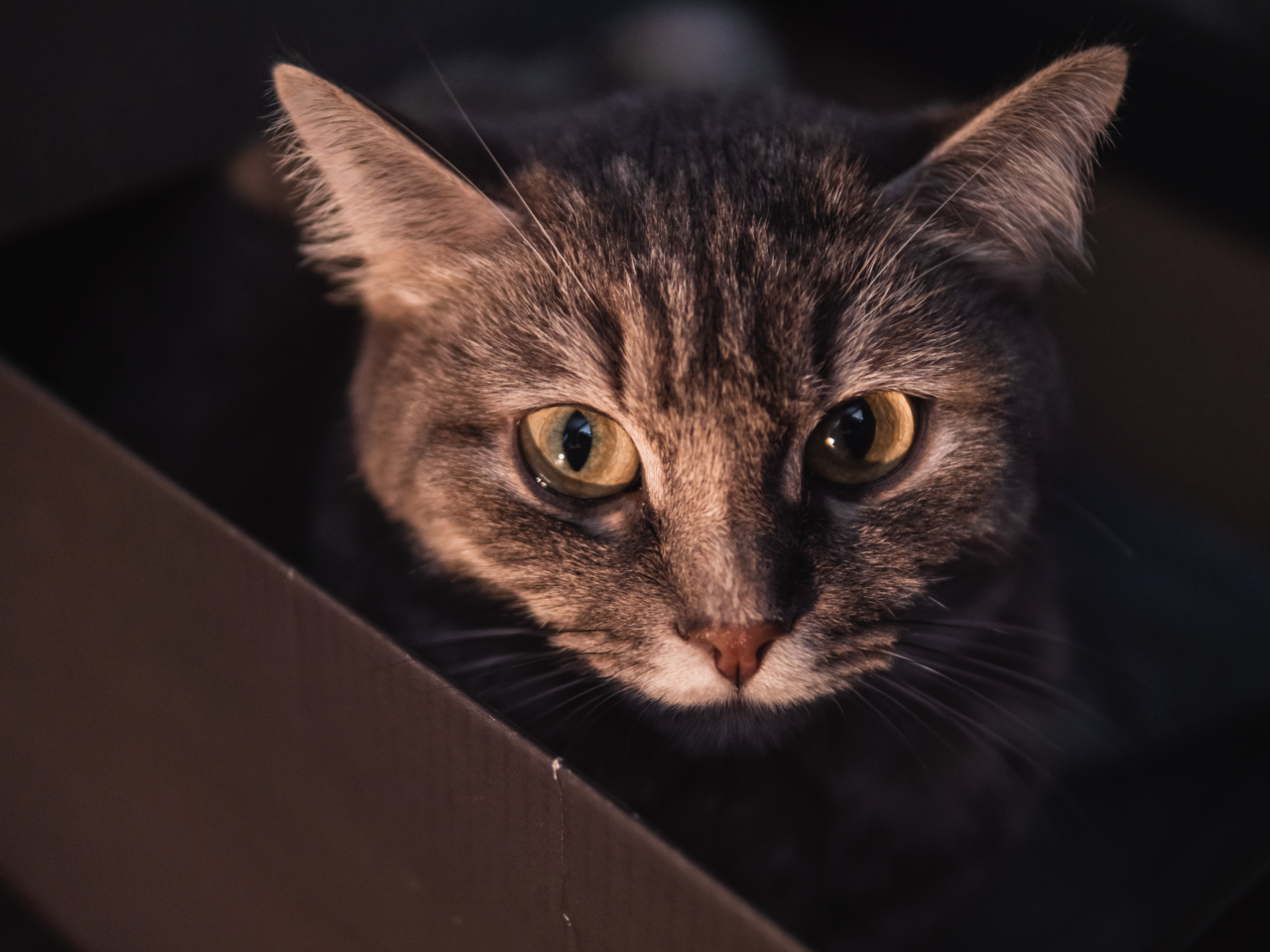It’s no secret that pets can bring joy and comfort to our lives. However, as much as we love our furry friends, they can also be the cause of disrupted sleep and even sleep disorders.
If you’re experiencing sleepless nights, it may be worth considering whether your pet is contributing to the problem. Here are a few ways that pets can impact our sleep patterns:.
Increased allergens
If you suffer from allergies, having a pet can exacerbate symptoms and make it harder to breathe at night. Additionally, pets can track allergens into the house from outside, increasing the amount of pollen and dust in the air.
Even if you’re not allergic to your pet specifically, the increased presence of allergens can cause nasal congestion, which can make it harder to fall asleep and stay asleep.
Noise disruptions
Whether it’s barking, meowing, or scratching, pets can make a lot of noise that can disrupt our sleep patterns. If your pet is particularly restless at night, they may wake you up frequently or prevent you from falling into a deep sleep.
Additionally, pets can be sensitive to noises outside, leading to nighttime barking and howling that can keep you up all night.
Movement in the bed
Pets love to cuddle, and many like to sleep in the bed with their owners. However, this can be a problem if your pet is a restless sleeper or likes to move around a lot.
Even if they’re not waking you up, their movements can cause you to stir and prevent you from getting the deep, restful sleep you need.
Behavioral disruptions
Pets are creatures of habit, and they often have routines that they follow at specific times of day. If your pet is used to getting up early or late, they may wake you up with their routines, even if you’re not ready to get up yet.
Additionally, pets can develop behavioral issues that can disrupt your sleep, such as separation anxiety or aggression towards other pets in the house.
Anxiety and stress
Just like humans, pets can experience anxiety and stress that can impact their sleep patterns. Separation anxiety, fear of loud noises, and other behavioral issues can prevent pets from getting the restful sleep they need.
Additionally, if your pet is anxious or stressed, they may be more likely to demand attention or act out at night, contributing to disrupted sleep patterns for both you and your pet.
How to improve sleep with pets
Despite the potential drawbacks of sleeping with pets, there are ways to improve your sleep quality while still enjoying the comfort of your furry friend. Here are a few tips:.
Invest in a high-quality air filter
If allergens are a problem, investing in a high-quality air filter can help to reduce the amount of irritants in the air. Look for a filter that’s designed specifically for pet dander and other allergens.
Set boundaries for sleeping arrangements
Having your pet sleep in the same bed as you can be comforting, but it can also be disruptive. Consider setting boundaries for sleeping arrangements, such as designating a specific spot for your pet to sleep in the room.
Create a calming bedtime routine
To help your pet relax at night, create a calming bedtime routine that they can follow. This may include a quiet walk before bed, a calming supplement, or playing soft music in the background.
Pet-proof the bedroom
If your pet is prone to knocking things over or causing disruptions at night, consider pet-proofing the bedroom to prevent any accidents. This may involve removing breakable items or creating a designated play area for your pet.
Consult with a veterinarian
If your pet is experiencing behavioral issues or sleep disruptions, it may be worth talking to a veterinarian to determine if there’s an underlying health issue or if there are any treatments that can improve their quality of life.
Conclusion
While pets can be a source of comfort and joy, they can also contribute to disrupted sleep patterns and even sleep disorders.
If you’re struggling to get a good night’s sleep, it may be worth examining the role that your pet is playing in your sleep quality. By taking steps to manage allergens, create a calming bedtime routine, and set boundaries for sleeping arrangements, you can improve your sleep quality while still enjoying the comfort of your furry friend.





























